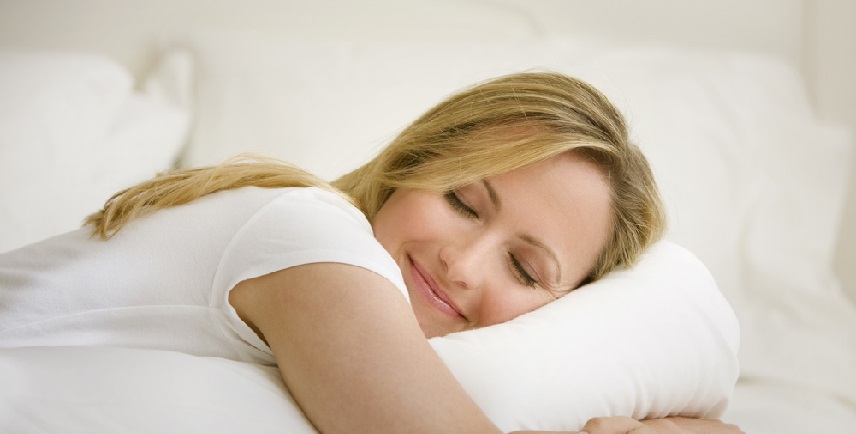How to Fall Asleep Faster with Proven Techniques
Posted by Simple Girl on 11th May 2020

We all experience the occasional night where falling asleep just seems impossible. For some people, these sleepless nights are more than occasional, which can have a disastrous effect on mental health and overall wellbeing. Thankfully, there are a few tried and tested methods to help you reach the land of Nod without counting a single sheep.
Enable Night Mode on Your Devices
Looking at bright television screens, computer monitors, and mobile phones before going to bed can confuse your body clock, thus keeping you awake. Medical experts believe that the brain mistakes the bright, warm light of an LCD screen for the sun, and the body responds by staying awake. To combat this effect, most mobile phones, tablets, and computers now come equipped with a night mode which will automatically change the color scheme to reduce night-time disruption. With night mode enabled, most apps will switch from being dark text on a light background, to light text on a dark background. Most modern devices can automatically switch to night mode during the twilight hours, so it's a feature you can turn on and forget about.
Cool Your Room
Your body naturally lowers its internal core temperature as you fall asleep, and many studies have proven that most people find it easier to sleep in a room which is slightly on the cool side. Try cracking a window open or turning the AC on before you go to bed. If you still can't get cool enough, take a warm bath or shower just before you try to sleep. The sudden change of temperature will cause your body to cool down a few degrees, hopefully helping you to get some sleep.
Find a Sleep Pattern That Works for You (And Stick to It)
The body maintains a daily metabolic cycle called the circadian rhythm, which lasts approximately 24 hours. Throughout this cycle, everyone will experience highs and lows of blood pressure, energy levels and hormones. Because your body has this internal time keeping mechanism, it expects you to go to sleep at approximately the same time each day. The more you deviate from your circadian rhythm, the harder you will find it to fall asleep.
Cut the Carbs
Studies have consistently shown that a diet which is high in fat and low in carbs is better for sleep than the opposite diet, even if the caloric amount is the same. If you must eat foods with lots of carbohydrates, try to do so no later than two or three hours before you go to sleep. Carbohydrates spike your blood sugar levels and increase the hormones associated with high intensity activities. If you eat high-carb foods right before bed, your body will start gearing up for a workout just as you’re trying to get some shut-eye.
If none of the above methods help you to get some rest, you may have an underlying sleep disorder. If falling asleep becomes a consistent problem, you should seek the guidance of a trained medical professional. They will be able to diagnose any mental or physiological factors preventing you from getting a full night's rest.
